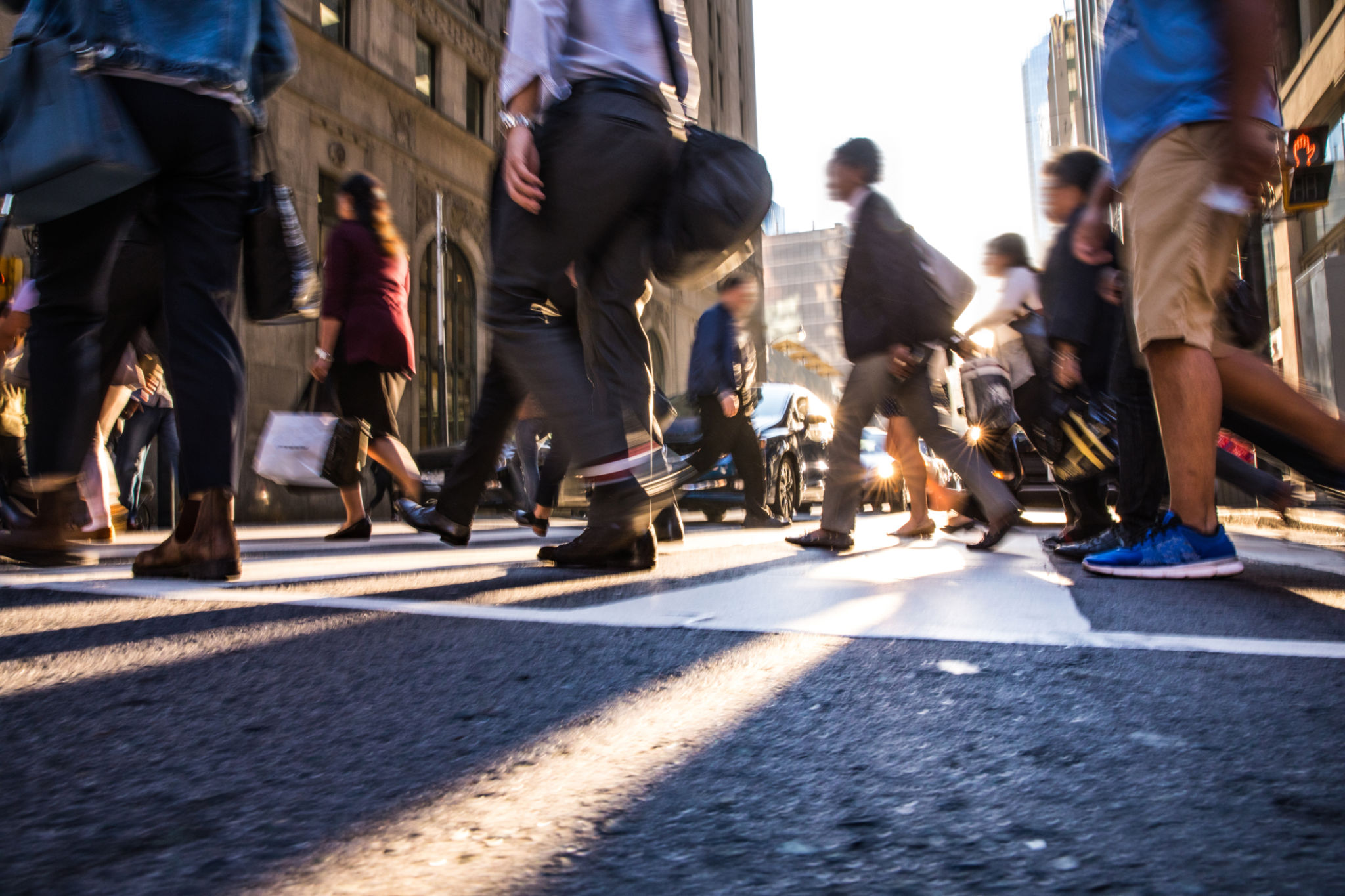Anxiety Triggers in Urban Settings: Insights from Raleigh Therapists
Understanding Urban Anxiety Triggers
Living in urban settings can be exhilarating, but it often comes with its own set of challenges, particularly for those prone to anxiety. The hustle and bustle, noise, and fast-paced lifestyle can easily become overwhelming. According to therapists in Raleigh, understanding these triggers is the first step toward managing them effectively.

The Impact of Noise Pollution
One of the most significant contributors to urban anxiety is noise pollution. Constant sounds from traffic, construction, and crowded streets can elevate stress levels. These persistent noises can lead to heightened anxiety and even disrupt sleep patterns, which further exacerbates the issue.
Therapists recommend using noise-canceling headphones or engaging in regular mindfulness practices to counteract the effects of noise pollution. Creating a quiet sanctuary at home can also provide much-needed respite.
Crowded Spaces and Overstimulation
Crowded spaces are another common trigger for urban anxiety. The sheer number of people in cities like Raleigh can be overwhelming, leading to feelings of claustrophobia and overstimulation. The constant presence of others can make it difficult for individuals to find personal space, which is essential for mental well-being.

To manage this, therapists suggest identifying quieter times to visit busy areas or finding less crowded routes for daily commutes. Engaging in activities that promote relaxation, such as yoga or meditation, can also help reduce the impact of overstimulation.
Pressure of Fast-Paced Lifestyle
The fast-paced lifestyle of urban areas often contributes to anxiety. The constant need to keep up with work demands, social obligations, and personal responsibilities can be overwhelming. This pressure can lead to burnout if not addressed.
Therapists advise setting realistic goals and prioritizing tasks to manage this pressure effectively. Taking regular breaks and engaging in hobbies or activities that bring joy can also help in counteracting the stress of a hectic urban life.

Limited Access to Nature
Another factor that contributes to anxiety in urban settings is the limited access to nature. Natural environments have been proven to reduce stress and improve mental health. However, city dwellers often find themselves surrounded by concrete rather than greenery.
Raleigh therapists suggest seeking out parks or green spaces within the city for regular walks or outdoor activities. Even small interactions with nature, such as caring for indoor plants, can provide mental health benefits.
Conclusion: Finding Balance Amidst the Chaos
In conclusion, while urban settings present unique challenges for those with anxiety, understanding these triggers is key to managing them. By recognizing the impact of noise pollution, crowded spaces, fast-paced lifestyles, and limited access to nature, individuals can take proactive steps to mitigate their effects.
Therapists in Raleigh emphasize the importance of self-care and setting boundaries to maintain mental health in an urban environment. With the right strategies and support, it is possible to find balance amidst the chaos of city life.
